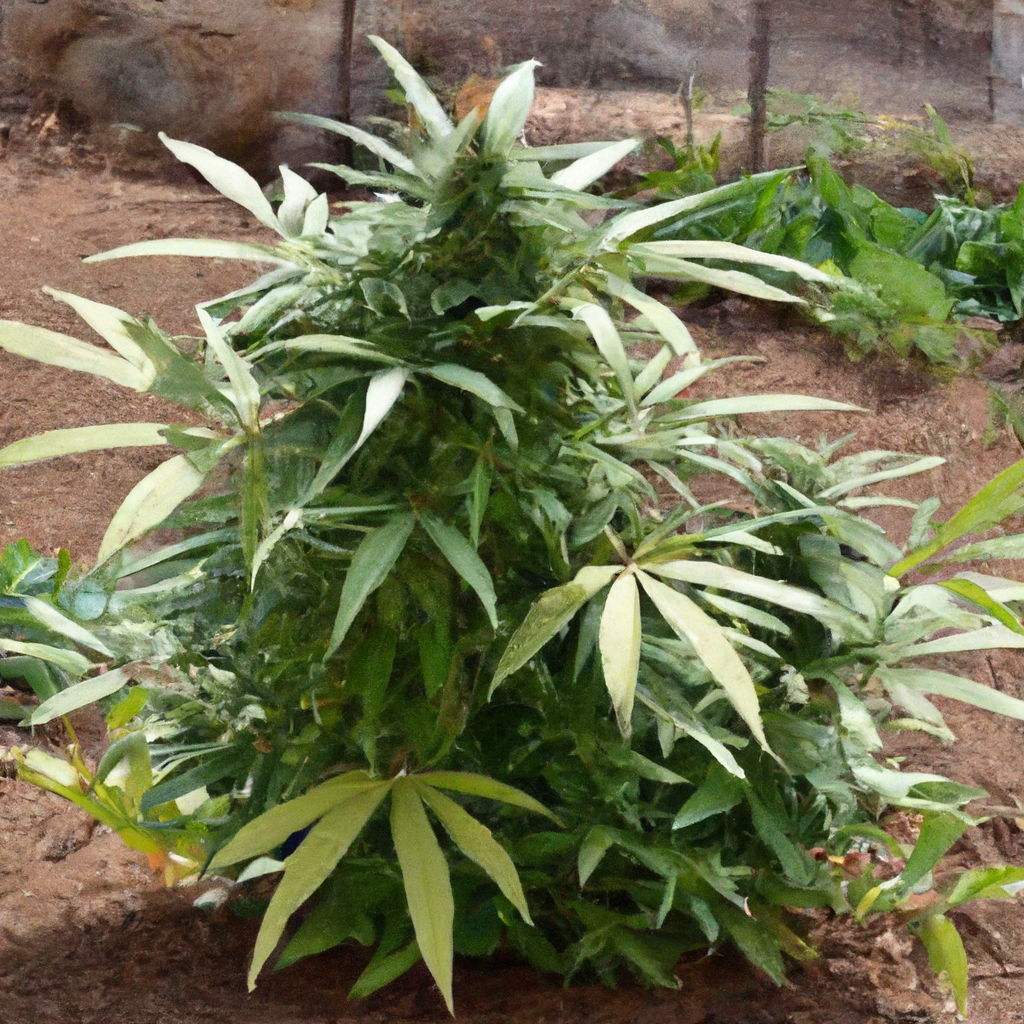Your cart is currently empty!
Organic cannabis cultivation is a practice that combines traditional agriculture techniques with eco-friendly methods to produce healthier and more flavorful plants. By focusing on sustainable practices, growers can reduce their environmental impact while enhancing the quality of their cannabis crops. This article delves into essential practices for organic cannabis cultivation, emphasizing natural fertilizers, composting, and pest control, and highlights the advantages of organic cultivation for the environment and consumers.
Building a Healthy Soil Ecosystem
The foundation of successful organic cannabis cultivation lies in creating and maintaining fertile soil. A vibrant soil ecosystem is home to numerous microorganisms that contribute to nutrient cycling and plant health. The following strategies can help establish healthy soil:
- Composting: Incorporate organic matter such as food scraps, yard waste, and manure to enrich the soil with nutrients.
- Cover Crops: Plant cover crops like clover or rye to prevent erosion, improve soil structure, and enhance nutrient availability.
- Mulching: Apply mulch to retain moisture, suppress weeds, and regulate soil temperature.
Avoiding Synthetic Chemicals
Organic cannabis cultivation emphasizes natural methods over synthetic alternatives. By avoiding chemical fertilizers and pesticides, growers can protect beneficial soil organisms and reduce harmful runoff. Consider these natural options:
- Natural Fertilizers: Use compost teas, worm castings, and bone meal to provide plants with essential nutrients.
- Beneficial Insects: Introduce insects like ladybugs and predatory mites to manage pest populations naturally.
- Neem Oil: This plant-based pesticide is effective against various pests and diseases while being safe for the environment.
Promoting Sustainability in Cannabis Cultivation
Integrating sustainable practices into cannabis cultivation benefits the environment and results in higher-quality products. Here are key strategies to consider:
- Water Management: Implement drip irrigation systems to conserve water and reduce runoff.
- Renewable Energy: Utilize solar panels or wind turbines to power cultivation facilities.
- Carbon Sequestration: Plant trees and cover crops to capture carbon emissions and improve air quality.
Benefits of Organic Cannabis for the Environment and Consumers
Organic cannabis cultivation not only preserves natural resources but also produces safer, more potent products. Consumers seek out organic products for their environmental benefits and superior quality:
- Environmental Impact: Reduces pollution and protects biodiversity.
- Healthier Products: Free from chemical residues, offering a cleaner experience.
- Enhanced Flavor Profile: Natural growing methods enhance the terpene profile of cannabis, offering a better aroma and taste.
Conclusion
Adopting organic cannabis cultivation practices ensures healthier crops, reduced environmental impact, and high-quality products. Growers who embrace these sustainable methods contribute to a greener future while meeting the growing demand for clean, eco-friendly cannabis. Remember, cultivating cannabis organically is not only a benefit to the consumer but a commitment to the planet.
Tags: OrganicGrowing, SustainablePractices, NaturalFertilizers, PestManagement, SoilHealth
Discover more from Magic Clones
Subscribe to get the latest posts sent to your email.


Leave a Reply